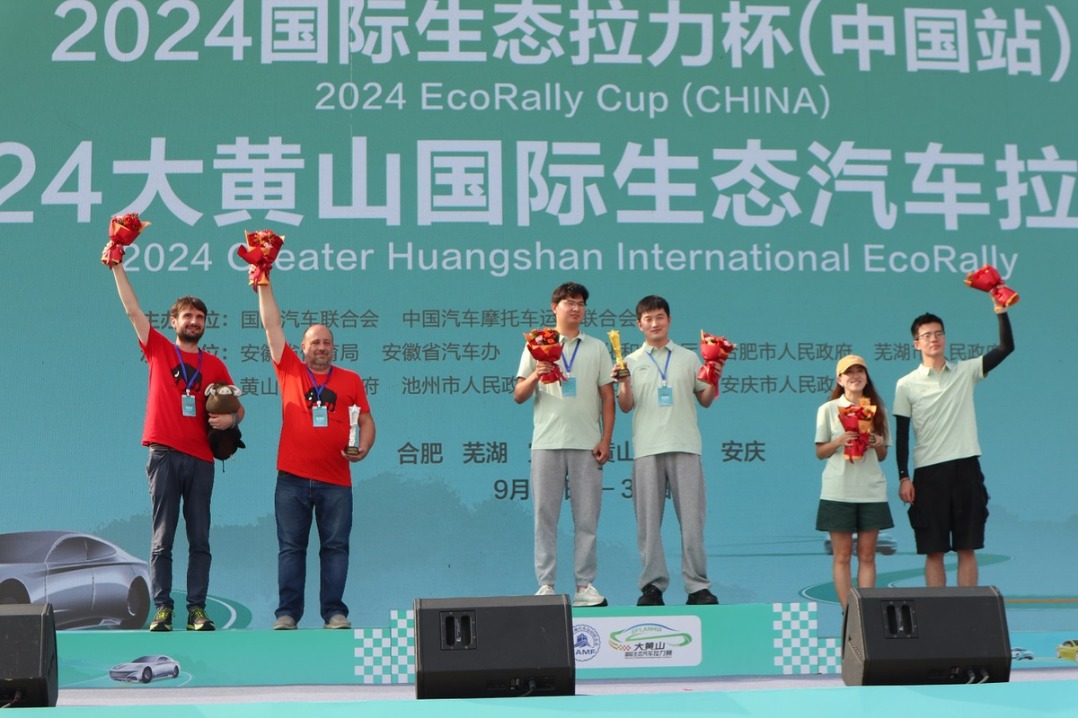Political advisory body ringing out as people's voice
CPPCC refines role, looks to help advance nation's modernization drive






Eager to listen
The 2,000-plus members of the current 14th CPPCC National Committee have been divided into 34 participating groups, mainly political parties, people's organizations and various industries. They serve as advisers for government, legislative and judicial bodies and put forward proposals on major political and social issues.
Their suggestions are sent to State leaders and government departments for reference in making decisions. The topics are closely related to the central tasks of the Communist Party of China and the State, including economic development, healthcare and environmental protection.
Yu Chunshui, vice-president of Tianjin Medical University, became a member of the CPPCC National Committee last year. His proposals have included strengthening the provision of home-care nursing staff, enhancing the training of talent in the high-end medical technology field, and promoting the high-quality development of the silver economy.
One of his proposals has been adopted by government departments. Another has been designated as a key proposal for this year, and is under deliberation by the relevant departments. "This gives me a deep sense of achievement in political consultation work," he said.
His participation in consultative democracy started in 2007 when he joined the Chinese Peasants and Workers Democratic Party. He later became a member of the Tianjin Municipal Committee of the CPPCC in 2018.
His party was among the eight non-CPC parties that expressed their support for the CPC's call to launch the New China and then became a participating group in the CPPCC.
The Chinese Peasants and Workers Democratic Party primarily consists of members with expertise in the healthcare, human resources, natural resources and ecological protection sectors.
"All democratic parties are participatory parties of socialism with Chinese characteristics and should be good advisers, assistants, and colleagues of the CPC," Yu said.
He recalled proposing a solution to challenges a university faced in disposing of outdated equipment. Officials from Tianjin's finance and education departments visited the university, discussed the issue, and quickly came up with a solution to the long-standing problem.
"The experience made me understand the significance of consultative democracy," he added.

































